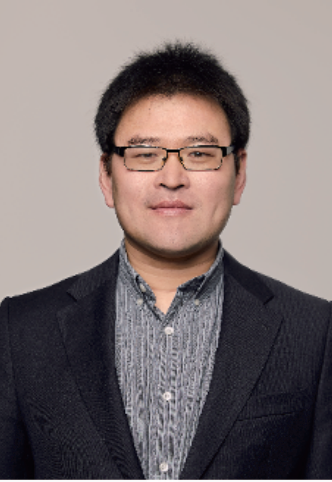Hongbin Zhang
Technical University of Darmstadt, Darmstadt, 64287, Germany
EXTENDED ABSTRACT: Machine learning has been widely applied to obtain statistical understanding and rational design of advanced materials by mapping out the processing - (micro)structure - property - performance relationships. In this work, I am going to demonstrate the concept of inverse design and to showcase how it can be carried out in three different flavours, i.e., high-throughput combinatorial computation, Bayesian optimization, and generative deep learning. Taking magnetic materials as an example, I have implemented an automatized high-throughput workflow, which has been applied to screen for promising candidate materials as permanent magnets and magnetocaloric, as well as spintronic materials [l]. After identifying the essential benchmarking properties, our workflow can be straightforwardly generalized to screening for other functional materials, as demonstrated for thermal management [2] and photovoltaic [3] materials. Furthermore, in order to explore the vast chemical space more efficiently, forward modelling of the Curie temperatures for ferromagnetic materials has been carried out [4]. This provides the basis for multi-objective optimization, which will be illustrated by figuring out the twodimensional Pareto front of magnetization and critical temperature. Interestingly, such a generic approach based on Bayesian statistics can be directly integrated with experiments, leading to adaptive design of high-entropy alloys [5]. Last but not least, I am going to give an overview on how generative deep learning can be applied to predict novel crystal structures and microstructures based on our recent implementation using the generative adversarial network [6].
Keywords: inverse design; high-throughput; Bayesian optimization; generative deep learning
REFERENCES
[1] H. Zhang, Electronic structure, 3, (2021) 033001
[2] S. Lin, C. Shen, and H. Zhang, Materials Today Physics, 32, (2023) 100998
[3] C. Shen, et al., JACS, 145, (2023) 21925
[4] T. Long, et al., Mat. Res. Lett., 9, (2021) 169
[5] Z. Rao, et al., Science, 378, (2022) 78
[6] T. Long, et al., Acta Mat., 231, (2022) 117898

Hongbin Zhang has completed his PhD at the age of 27 years from Technical University of Dresden and Postdoctoral Studies from Jiilich Research Center (Germany) and Rutgers University (USA). He is a professor leading the division Theory of Magnetic Materials at Technical University of Dam对adt. He has published more than 100 papers in reputed journals and has been serving as an editorial board member of repute.